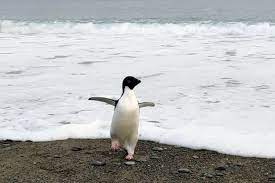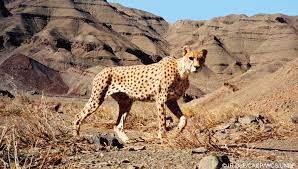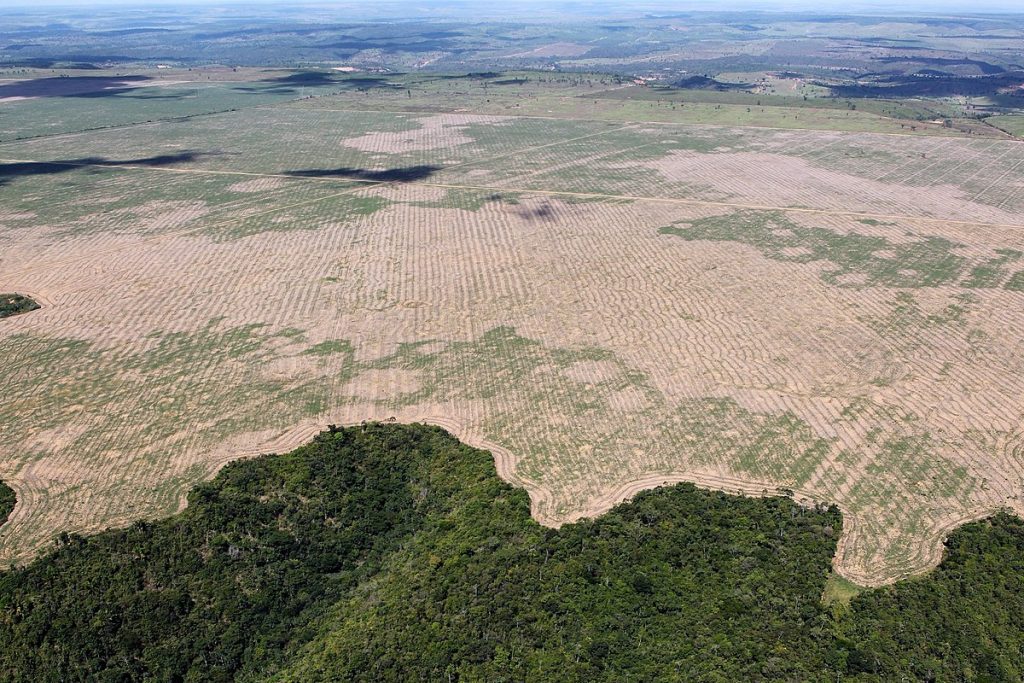There are countries on earth where eating insects has been a common practice for millennia. Unfortunately, elsewhere it is seen as disgusting.
This is unfortunate as it is a far environmentally cheaper way of making protein for human consumption. Indeed where as a beef burger such as a big mac cheese burger can have a carbon footprint of between 3.4 and 4.8kg, vastly more than the weight of itself; in fact insect burgers have lower carbon footprints than many of the current possibilities such as airy, gluten and mycoprotein.
However, given the fact that the consumers at least at the moment will not be willing to eat it, how about feeding the cattle with insects. This would be dramatically more efficient than feeding the cattle soy, not least because much of the soy is grown on land that has rainforest removed for this purpose.















